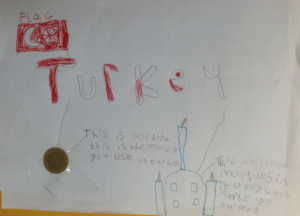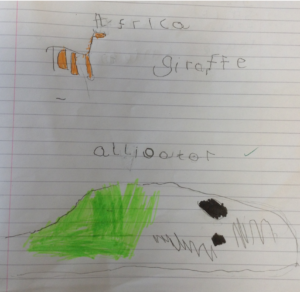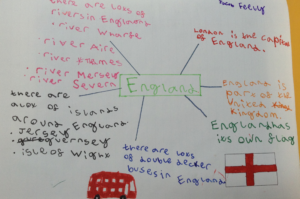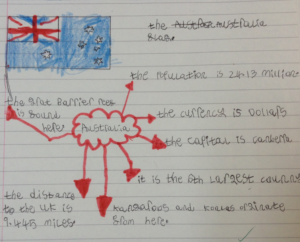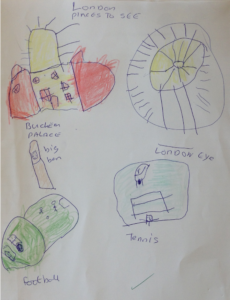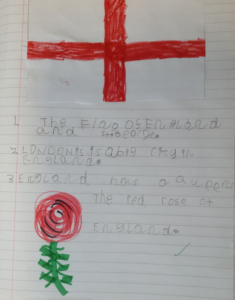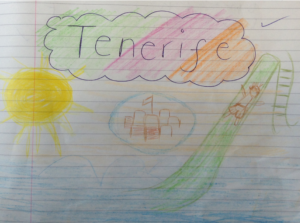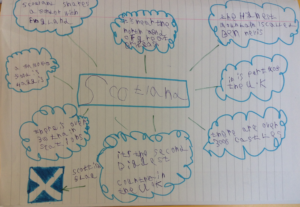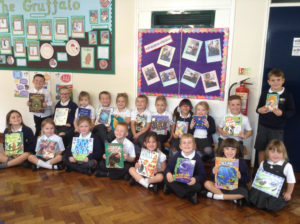For the past three weeks, we have had a mini topic of “Where in the world?”.
The children have been learning all about the world around them: which town they live in, which country their town is in and the names and locations of the continents and oceans.
They have enjoyed listening to a song about the continents to help learn their names and a song about the oceans, too. Today, we put all of that knowledge together and labelled both the continents and the oceans.
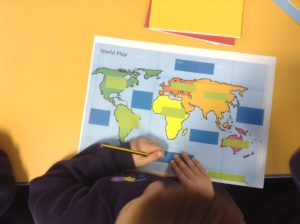
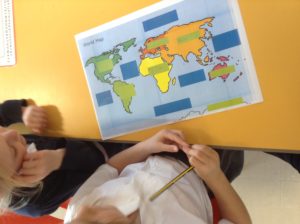
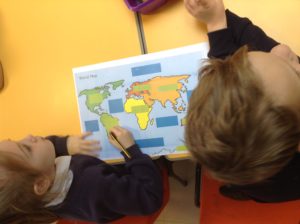
This lesson linked in with our homework – “I know some Where in the World facts”. Here are some facts that we knew.
- Eliza – ‘I learnt how to say hello in Spanish “Ola”.’
- Ellie – ‘I learnt the 5 oceans – the Pacific, the Atlantic, the Indian, the Southern and the Artic.’
- Jack – ‘I learnt how to say good afternoon in different languages – Buenas tardes (Spanish) boa tarde (Portuguese) bonne après-midi (French) guten nachmittag (German).’
- Daisy and Emilija – ‘We learnt the names of the different continents – Asia, Africa, Europe, Australia, Antarctica, North America and South America.’
